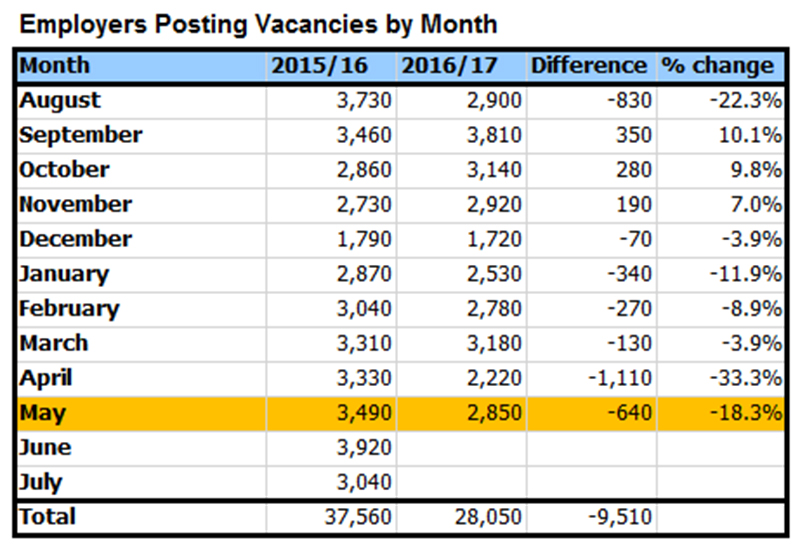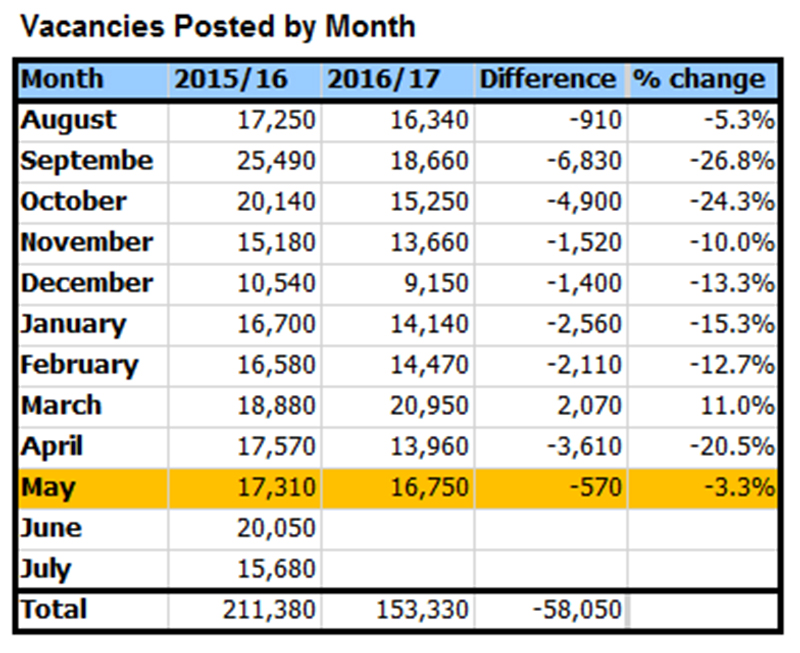Colleges will be exempt from VAT on important training supplies following a landmark European Court of Justice ruling – with refund claims expected to amount to £10 million – FE Week can reveal.
A long-running dispute with Brockenhurst College and the taxman, centred on whether supplies for the college’s training restaurant was exempt from VAT, is still awaiting final resolution through the UK courts.
But Her Majesty’s Revenue & Customs Service today confirmed to FE Week that it had already accepted the consequences of a European court judgement, delivered last month on the case, that these “may be regarded as supplies ‘closely related’ to the principal supply of education”.
The judgement added they should “accordingly be exempt from VAT”.
A legal expert has now told FE Week that this will set a costly precedent for the government, as HMRC confirmed colleges can now start applying for refunds.
The Times newspaper had published a report on the court case, which prompted FE Week to ask HMRC today if all colleges would be exempt from paying VAT for similar facilities, like hair and beauty salons, in the future.
A spokesperson said in response: “The [EU] court found that Brockenhurst’s supplies of catering and theatre performances were not made to earn income, so were not in competition with other providers.”
“This is why they were exempt from VAT. HMRC will apply the guidance of the court to that case and to any other case in the same circumstances.”
The HMRC also confirmed that colleges are able to apply for refunds if they feel that they provide services in the same circumstances as Brockenhurst. These claims will be capped at four years and may be subject to verification, the HMRC said.
Noel Tyler, director of VATangles, the VAT consultancy which advised Brockenhurst College, said he expected the refunds to reach up to £10 million.
“Colleges will absolutely be able to apply for refunds,” he said. “They will be able to go back four years and recover such claims.
“I would say anything up to £10 million will be claimed. Anything from £20,000 to £250,000 for individual colleges [could be claimed].”
Mr Tyler added: “This is extremely good news for the sector.
“It is indicative that HMRC policy with regards to a lot of things in FE is wrong and needs to be amended.”
Limor Feingold, vice principal and director of finance at Brockenhurst College, said he was “delighted” by the ruling.
But he added: “Questions remain with regard to the interpretation of competition and the VAT status of specific students.
“As these questions will still have to be answered by the UK courts, the college is not yet counting its chickens in terms of VAT refunds from HMRC.”
In the European Court of Justice’s summary of the case proceedings, the judges also wrote that the ruling would apply “provided that those services are essential to the students’ education and that their basic purpose is not to obtain additional income for that establishment, by carrying out transactions which are in direct competition with those of commercial enterprises liable for VAT”.
The court agreed with the arguments made on behalf of the college, that VAT was not due on the income generated from areas such as the training restaurants or hair and beauty salons, where members of the public pay for services supplied by students as part of their courses.
David Hughes, chief executive of the Association of Colleges, said: “VAT is a complex issue and a big cost for Colleges. It is helpful that HMRC have confirmed they will refund claims to colleges in a similar position to Brockenhurst, but some colleges may struggle to prove that their catering outlets are not competing with local commercial cafes and restaurants. The long term issue is to secure a post-Brexit VAT system which reduces the number of anomalies and allows college funding to be spent where it should be – on students and learning.”


